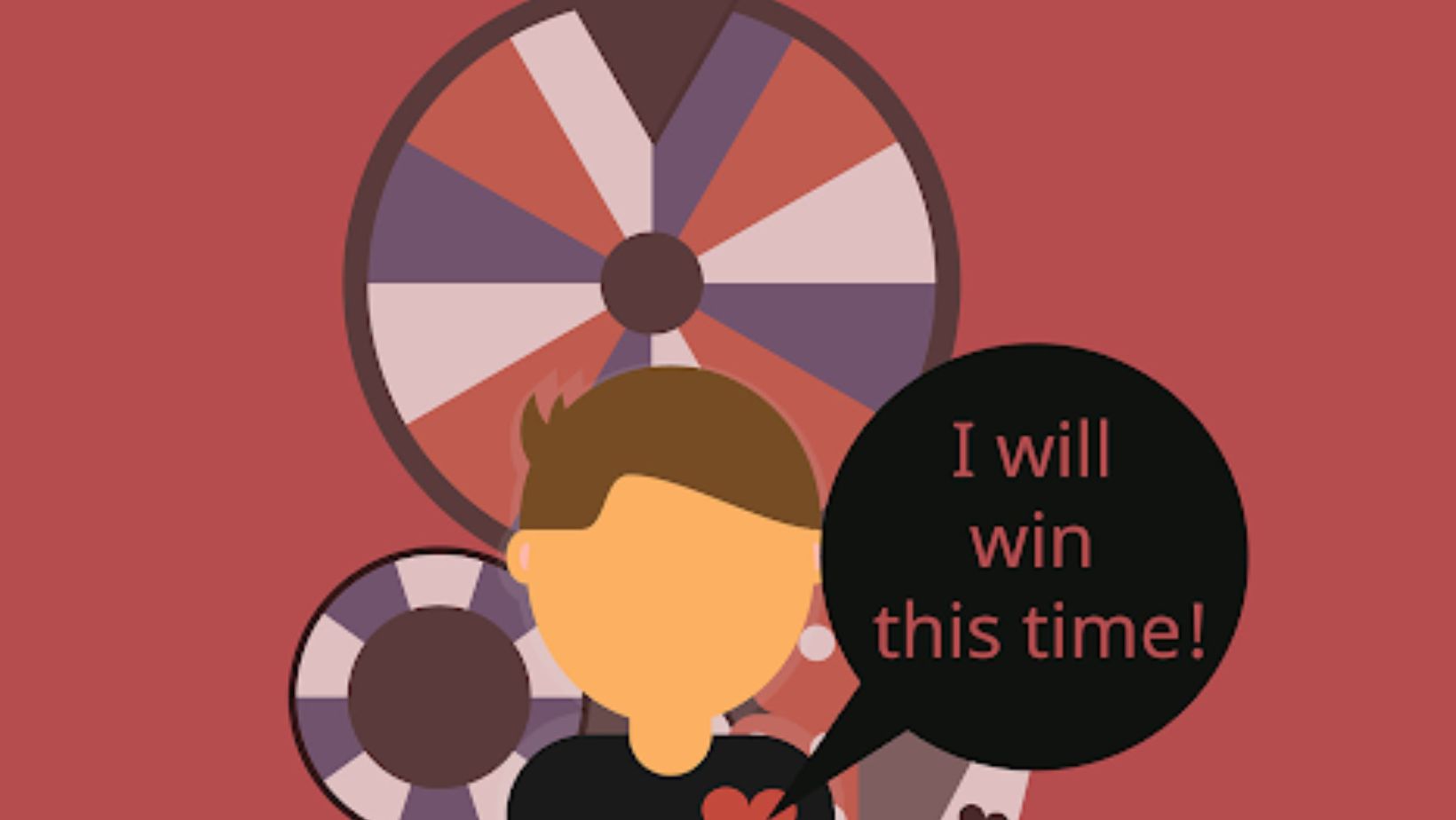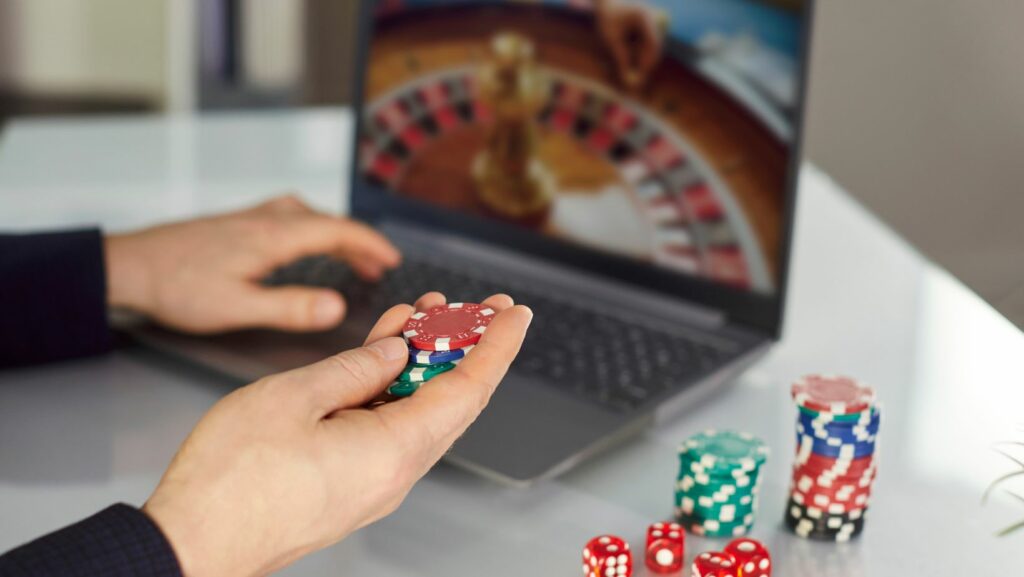Gambling begins as an innocent pastime: an occasional lottery ticket, a night at a Vegas casino, or a single bet during a long-anticipated match. For some, it ends where it starts, as they are able to control their cravings for risky entertainment and know the right time to leave. For others, the desire to get a quick dopamine release can result in significant mental health problems. The broad accessibility of online casinos worsens the problem’s scope, as users get 24/7 access to thrilling slots. However, it’s not a reason to get stressed; in fact, the early signs of compulsive problems can be easily identified.
Why Early Disorder Identification Matters
Despite multiple sources highlighting the negative consequences of uncontrolled gambling, many people underestimate this problem. However, everyone engaging in this high-risk entertainment should be aware of the basic principles. First, it’s important to know that compulsive disorders don’t develop overnight. Spotting the primary symptoms in time and knowing how to prevent worsened conditions isn’t complicated, but it helps users avoid severe mental health problems.
Common Early Signs of Gambling Problems
Of course, when joining an online casino or a bookmaker website, users rarely think of the negative aspects; instead, they focus on entertainment and potential winnings. Still, learning what to avoid and how to develop healthy habits is critical for everyone. Thoughts like “I am just trying to win back” or “I can stop anytime I want” are sometimes disturbing and need more attention. Recognizing the first red flags early is essential, so read below and stay informed.
Gambling More Than You Planned
Online casinos are thrilling, and the unlimited game choice at https://1xbetinapk.com/ encourages users to try more content. However, when a player figures out that they stay on the platform longer than they initially wanted, they should take a break and reconsider their actions.
Sometimes, a single small bet results in the inability to stop and end up chasing losses for hours. If your gambling sessions consistently last longer or cost more than you originally planned, it may be a warning sign.
Preoccupation with Gambling
Thinking about your future bets, whether in an online casino or sportsbook, even when not gambling, is an alarming symptom. There’s nothing bad about thinking over your future strategies, but constant mental engagement can lead to unpleasant consequences. For example, if you are at work but cannot stop evaluating your future session or dreaming about spinning the reels during a lunch break, it’s time to enable a cooling-off period. Preoccupation with this high-risk activity isn’t a sign of healthy habits, so make sure that you distinguish gambling from personal time for daily duties.

Chasing Losses
This aspect is among the most common first signs of gambling problems. It’s not a secret that losses are inevitable, but some players cannot accept this fact. Many people believe that a massive win always follows an unsuccessful streak. In this case, they deposit again and continue playing, being confident that the slot or game is “due” to a win. In reality, casino products are based on the Random Number Generator, so outcomes aren’t connected. In simple words, the game doesn’t memorize previous rounds and provides new combinations. When users gamble in an attempt to win back, they risk losing more cash. This concept is characterized as chasing losses, and users should be attentive to their actions to prevent it.
Mood Swings and Irritability When Not Gambling
Players with the first symptoms of compulsive disorders often feel anxious and restless when not gambling, or even during sessions. These signs or low mood can indicate that the disorder is progressing. If not noticed in time, this condition can grow into more stress, depression, and even suicidal thoughts. The harmful impact of uncontrolled gambling is often underestimated, while in reality, users should pay special attention to how they feel and what they think when interacting with an online casino.
Using Gambling to Escape Reality
Admitting that online gambling is entertainment, not a way to escape daily routines, is important for everyone engaging in this activity. For many players, spinning the reels is a small haven where they can avoid real-life problems. If you continue gambling to eliminate stress or cope with anxiety, it’s a warning sign. If you’re gambling to numb negative emotions rather than for fun, it’s time to take a closer look.
What to Do Next
Recognizing a gambling problem isn’t enjoyable, but fortunately, the first signs of compulsive disorders don’t mean you will struggle with its severe forms. Noticing red flags at the very beginning helps players to seek help in time. So, what are the steps to take in this case?
- Track your gambling habits and set time and money limits
- Talk to someone you trust and ask for advice and support
- Seek professional assistance, like helplines
- Take advantage of cooling-off tools or self-exclusions
- Find healthier alternatives to online gambling
When noticed in time, the first compulsive gambling signs can be easily treated. It doesn’t mean you should never visit an online casino again. Just recognize the problem and create your own strategies to stay in control, or use additional tools for assistance.

